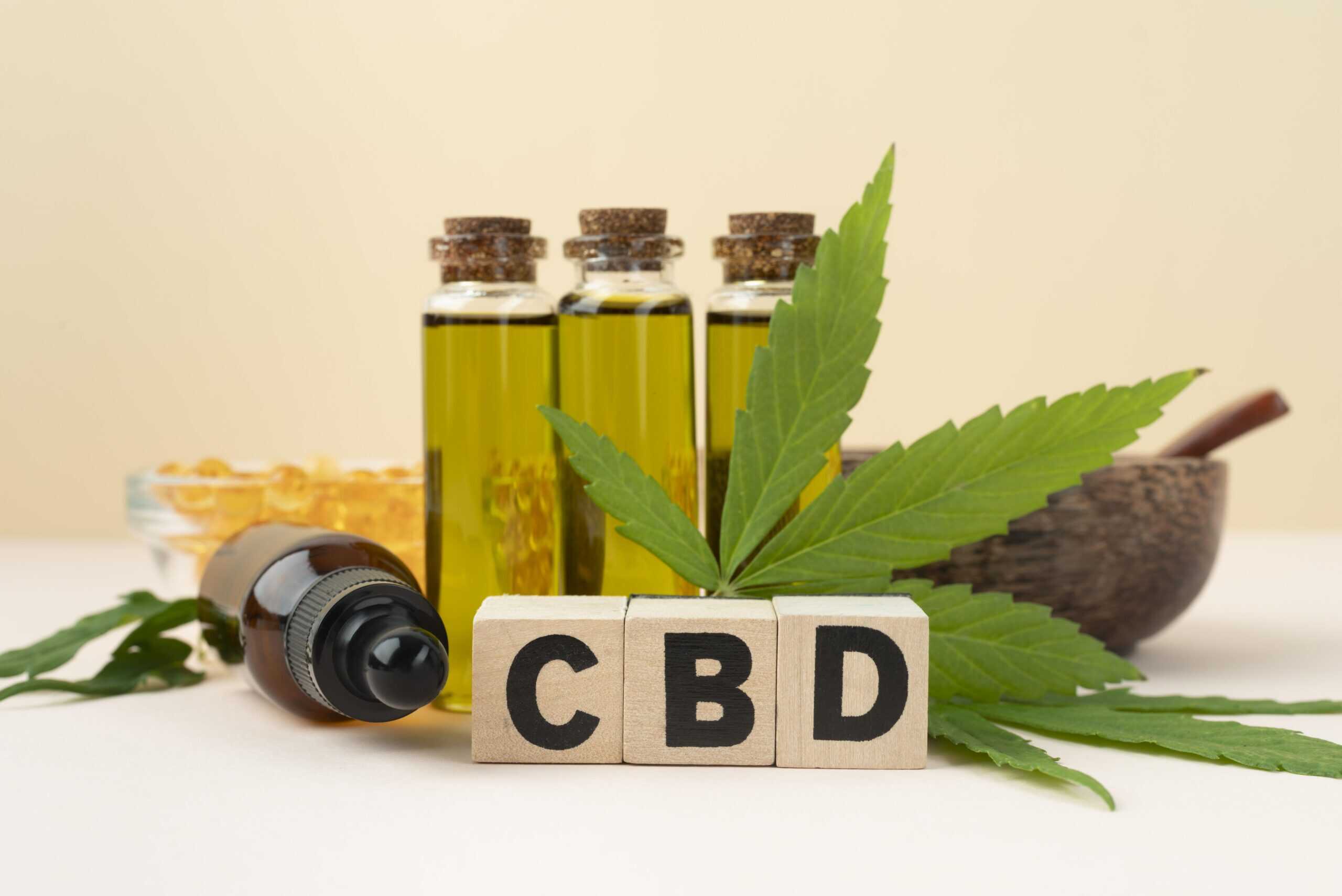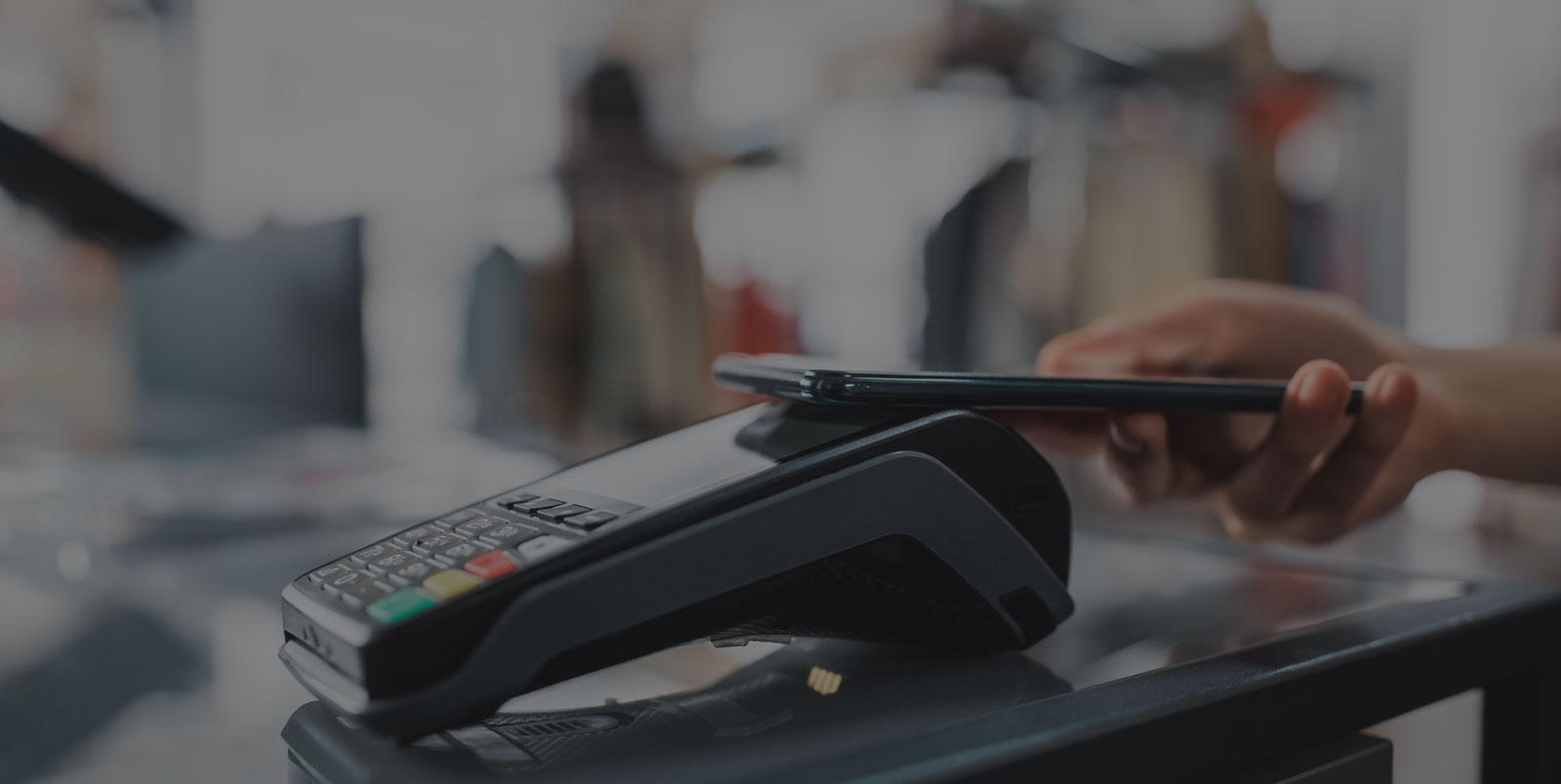
By cbdoilmerchantservices August 21, 2025
The U.S. and global market for CBD is exploding from a niche, wellness trend to a multi-billion dollar market. CBD products are hitting the mainstream consumer market quickly and for a variety of different reasons from stress relief to skin care. This growth promises new audiences for, but also presents new challenges to, merchants.
Merging that momentum most effectively is social media sales. Instagram, TikTok, and Facebook provide CBD brands with a medium to promote, inform the consumer, and cultivate communities of followers—who ultimately convert into buyers. The ability to use storytelling about lifestyle with direct sales makes social commerce a natural vehicle for CBD.
But, payment restrictions have posed a barrier. CBD payments are generally difficult to navigate because of stringent regulations and compliance, plus it’s not always easy to find the right payment processor for it. This blog aims to help CBD merchants wade through social sales and CBD payment options to thrive in this fast-moving space.
The Rise of Social Media Commerce
Social media has transformed from a connecting platform to one of the most interactive sales channels for businesses. Instagram, Facebook, TikTok and Pinterest are just some examples of platforms that have features that embed shopping functionality, altering browsing and shopping behaviors. Instead of linking the user out to external sites, these platforms now offer a seamless “discovery-to-purchase” journey in-app.

Social proof is a major contributor to this shift. They trust the recommendations of those they follow, including influencers, other micro-creators, and even friends. In this context, influencer marketing has gained prominence within the concept of social commerce, providing brands with an authentic connection to reach their desired audience. Through the use of aspirational content plus e-commerce options, platforms are minimizing friction, embedding it in lifestyle inducing rather than sales.
This trend is particularly amenable to CBD product. CBD products are community-driven products of wellness and lifestyle, the products of a community highly invested in education and narrative. Brands need to use social media-tools to show product benefits, use testimonials and establish trust working with customer on a 1-to-1 basis.
For CBD shop owners, social commerce is not exposure, it’s integration. Their competitive advantage in this space is the ability to combine brand, content, and transaction in one place, instilling trust and driving social media sales, even in a tamed and regulated marketplace. Now, this necessitates a strong platform to collect CBD payments.
The CBD Industry Landscape
In the past several years, the CBD industry has transformed largely due to the 2018 Farm Bill, which legalized hemp-derived CBD in the U.S. at the federal level. This legislation was a catalyst for innovation, allowing CBD to move beyond oils and tinctures into staples such as skincare, supplements, beverages, and even pets. While THC is still federally illegal, hemp-derived CBD is to be commercially available, with states still varying by state regulations.

Market forecasts do not predict a slowdown. It is estimated that global sales are poised to hit billions in the next few years and growth rates will be double digit’s numbers for the foreseeable future. Increased consumer demand has lead to increased competition. Beauty brands, health supplement companies, and even niche petcare businesses are trying to stake their claim in the share, and so it becomes vital to establish trust and difference for continued success.
But, despite these legal advances, CBD payments continue to be one of the industry’s greatest hurdles. Due to the fact that most traditional banks and payment providers still consider CBD “high risk” leads to such account being rejected, equipped with higher fees or being frozen without warning. For merchants ready to cash in on sales originating from social media, this can be particularly frustrating because building an audience base is worthless unless reliable payment processing is available.
Building brand visibility is as important as overcoming these financial obstacles for CBD businesses. Safe, compliant CBD payments solutions helps a fast growing industry convert that growth into long-term success.
Challenges of Driving CBD Payments & Sales on Social Media
Though social media has incredible potential to access new audiences, selling CBD online bears some challenges other industries do not see. CBD vendors continue to experiment and create in the social media sales space, all while attempting to continue to stay in line with guideline rulings.
Advertising Restrictions
Direct CBD advertisements are not permitted on Meta’s platforms, Facebook and Instagram, which do permit some hemp-derived products under restricted conditions. TikTok imposes strict bans, and Google imposes strict restrictions on paid advertising. Such limitations render standard digital advertising nearly out of reach for CBD products, who must turn instead to organic growth and community building via influencers on these platforms. Hence, sales and CBD payments become a challenge.
Content Moderation Risks
Overly cautious algorithms may flag or remove already compliant posts. Accounts are entirely suspended with no warning, making it difficult to engage and earn. Those who run businesses and are dependent on social media sales constantly worry about being shut down with no warning.
Platform E-Commerce Limitations
Social products like Instagram Shops don’t permit the purchase of CBD at checkout, for example. Merchants have a place to display products, yet they have to send the consumer off-platform to finalize the CBD transaction, breaking the seamless discovery through purchase experience that consumers have come to expect.
Consumer Trust & Misinformation
Regulations differ state by state, and misinformation is rampant, so establishing trust amount the public is important. Merchants need to ensure the labeling is correct, they are transparent, and that they inform the consumer. Otherwise, customers might be reluctant for CBD payments, that can stunt sales.
Why CBD Payments Are High-Risk?
CBD payments continue to be categorized as high-risk in much of financial services, despite the increasing legality of this sector. This is primarily due to regulatory uncertainty. The 2018 Farm Bill legalized hemp CBD, but state laws are widely divergent, causing a patchwork that makes banks cautious with risk exposure.

Banking Hesitancy
Most established banks are still reluctant to partner with CBD merchants because of uncertain compliance requirements. This leaves businesses to find a partner willing to process the transactions.
High-Risk Classification
CBD shares the space with tobacco, dietary supplements, and adult-related products. All these industries are characterized by reputational and regulatory risks, resulting in higher compliance costs and regulation for those within the space.
Chargeback Concerns
Products containing CBD are also more susceptible to chargebacks. Disputes with customers could result from effect confusion, labeling inconsistency or shipping lag. High chargeback ratios sending out alarms for processors.
Card Networks’ Cautious Stance
Visa, Mastercard, and acquiring banks are cautious about letting CBD payments to happen as they assume the liability. This conservative approach trickles down to merchants, many of whom find their accounts frozen or applications denied.
The result? A large portion of mainstream payment processors simply refuse CBD transactions, forcing merchants to explore specialized high-risk solutions.
Payment Processing Options for CBD Merchants
CBD merchants do have options, but, often with compromises along the way.

High-Risk Payment Processors
Some providers serving high-risk industries include PaymentCloud, Square for CBD, and SMB Global. They know the regulation challenges and are able to offer preferred merchant accounts.
Direct Bank Accounts
Certain cannabis-friendly banks provide merchant accounts in-house. They usually entail a high compliance burden but in return might offer a more stable solution than third party gateways.
E-Commerce Integrations
CBD products can be sold on platforms such as Shopify, WooCommerce, with the payment gateways permitted to sell CBD. Merchants can also line up checkout with CBD-friendly processors to provide fewer friction sales funnels on social media.
Pros and Cons
The disadvantages are generally higher fees, typically 3.5—7% per transaction, and more serious underwriting processes, needing certificates of analysis, or COAs, licenses and compliant labeling. Yet those solutions minimize account instability and help prevent fraud. Managing chargebacks is essential for their long-term viability. Merchants can maintain a continued practice of safe CBD payments by selecting the appropriate partner, not causing disruptions that may damage their brand.
Conclusion
The future of CBD lies at the intersection of eCommerce innovation and consumer engagement. With demand rising and regulations slowly clarifying, merchants have unprecedented opportunities to reach customers online. Yet, challenges remain. From advertising restrictions to account freezes, CBD businesses face unique barriers that make payment processing more complex than mainstream retail.
That’s why mastering both CBD payments and social media sales is essential. By choosing specialized high-risk processors, integrating compliant gateways, and leveraging creative strategies like influencer partnerships and shoppable posts, merchants can turn restrictions into opportunities. Smooth and secure CBD payments not only build customer trust but also ensure that the momentum from social media sales translates into real revenue.
For CBD brands, the goal isn’t just visibility—it’s sustainability. By aligning payment solutions with social strategies, merchants can create a resilient foundation for growth. In an industry where credibility and compliance are everything, the combination of strong CBD payments infrastructure and savvy social media sales execution is the key to thriving in a competitive market.
Frequently Asked Questions
1. Why are CBD payments considered high-risk?
CBD payments are labeled high-risk due to unclear federal and state regulations, reputational concerns, and higher chargeback risks. This classification makes banks and traditional processors cautious, leaving many merchants reliant on specialized providers.
2. Can I sell CBD directly through social media platforms?
Not yet. Most platforms restrict CBD from being sold directly via their checkout systems. Instead, merchants use social media sales strategies like shoppable posts or bio links to guide customers to compliant eCommerce sites where CBD payments are accepted.
3. What payment options are available for CBD merchants?
Merchants can work with high-risk processors like PaymentCloud or Square for CBD, open accounts with cannabis-friendly banks, or integrate approved gateways into Shopify and WooCommerce. These solutions allow smooth CBD payments while supporting social media sales funnels.
4. How do influencers help with social media sales for CBD?
Influencers build trust and educate consumers, driving traffic from platforms like Instagram or TikTok to external websites. By pairing influencer reach with reliable CBD payments, merchants can convert awareness into lasting customer relationships.
5. How can I reduce the risk of account shutdowns or frozen CBD payments?
Maintain compliance with labeling, licenses, and certificates of analysis. Choose payment processors that specialize in high-risk industries, and avoid misleading claims on social posts. Combining compliance with creative social media sales ensures stability and growth.
